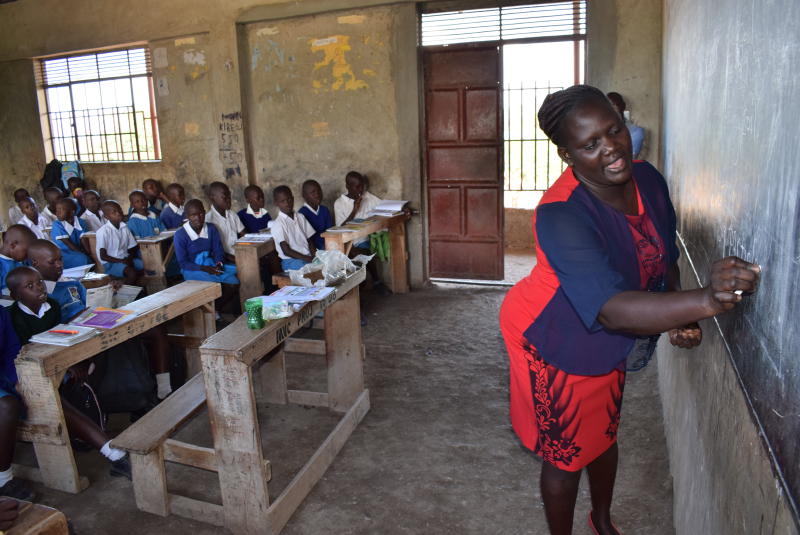
Parents, directly and indirectly have raised a hue and cry over how the parental/guardian component in the Competency-Based Curriculum is being managed by teachers. Being a major cog in the wheel of the implementation process, it’s vital for the policy-makers to lend them an ear and address the issue. Otherwise the implementation process could hit a brick wall.
The outcry gives us a picture of teachers who have not understood the philosophical underpinnings of the whole concept of parental/guardian empowerment and engagement in the curriculum. This boils down to poor re-tooling of teachers. It’s like we got the curriculum design and development right but slipped in its implementation. From the so called “national piloting” of the Early Years to now parental empowerment and engagement and to some extent community service learning, which is another critical aspect of the CBC, what we are being treated to is a curriculum implementation that is unfocused, confused, half-baked and colourless.